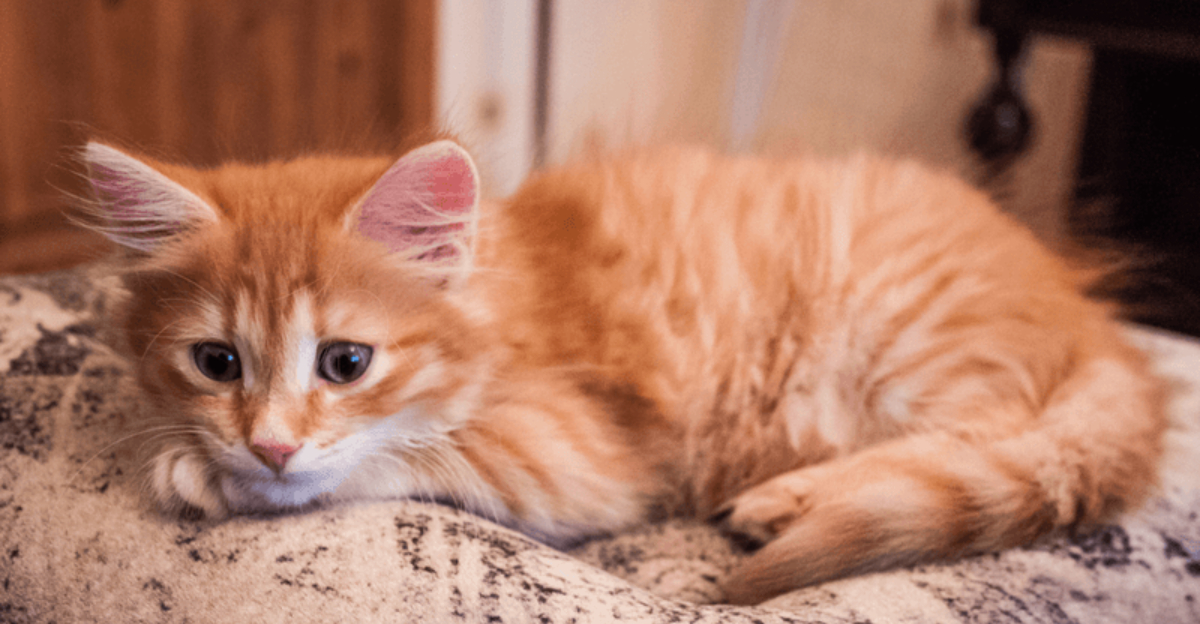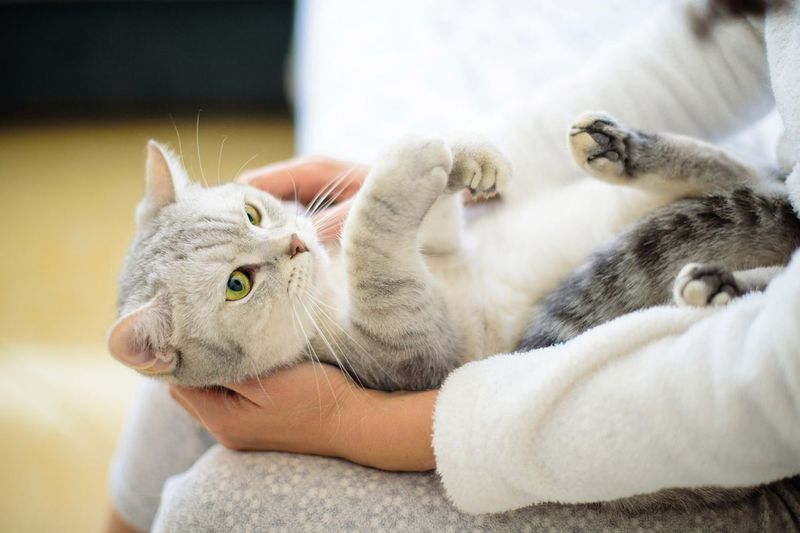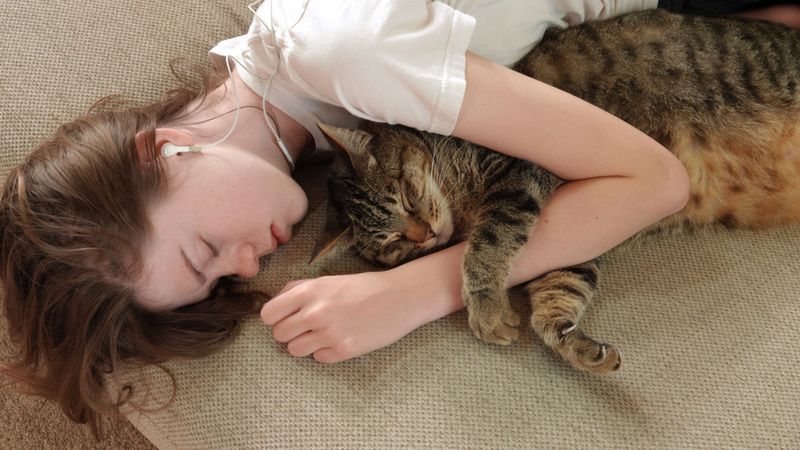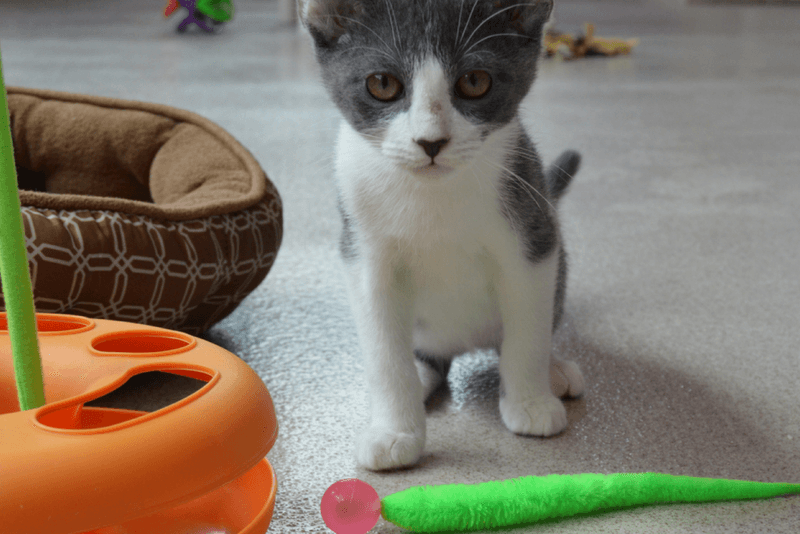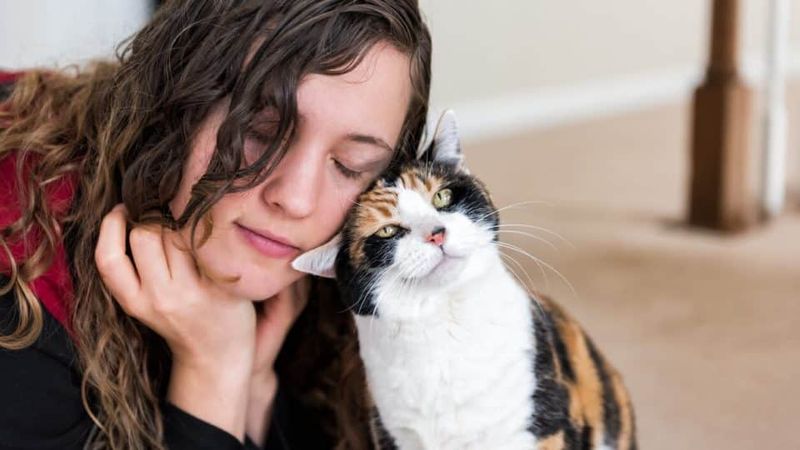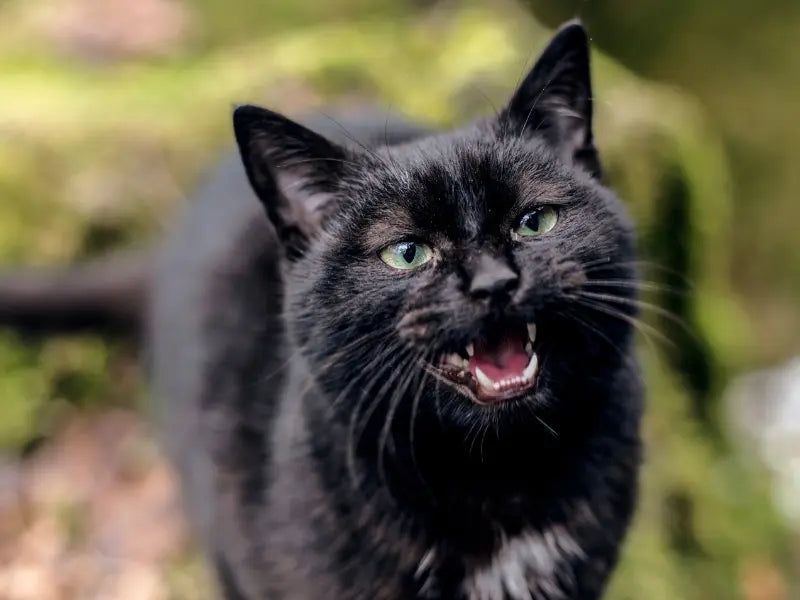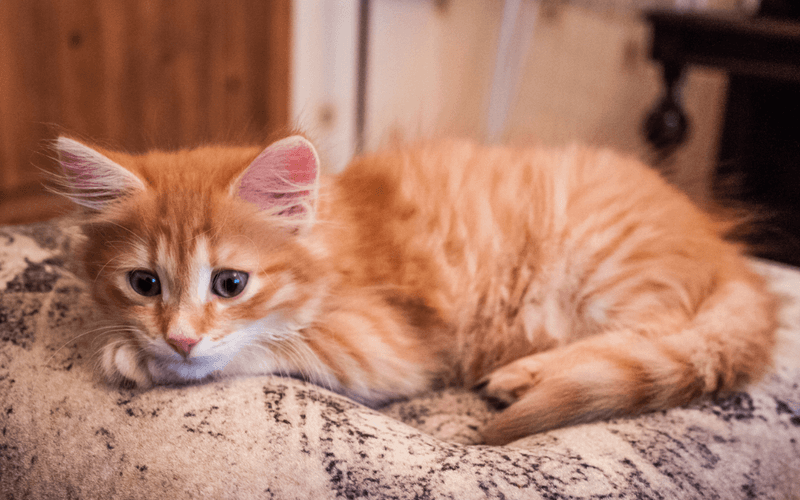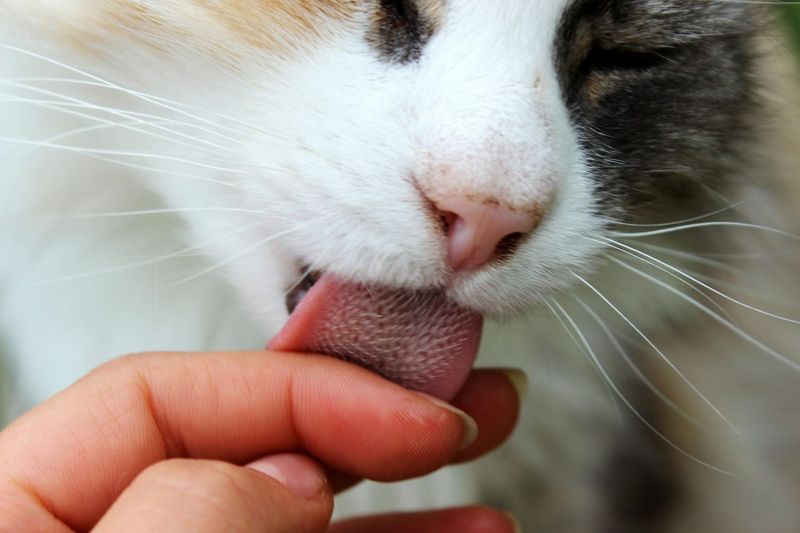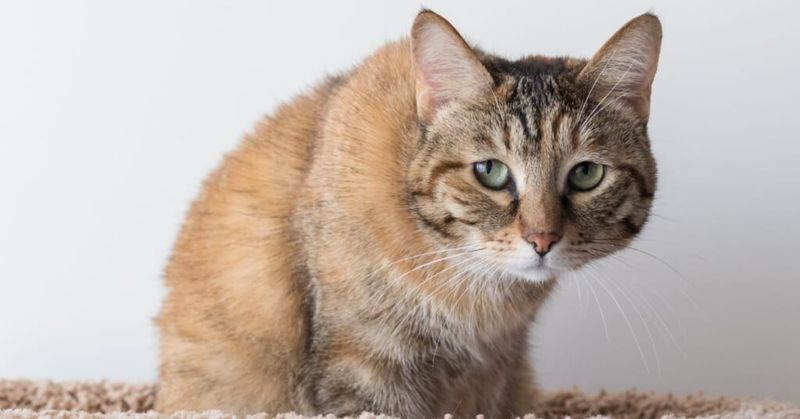📖 Table of Content:
Cats are frequently characterized as aloof or independent, but this perception overlooks their true nature. While they may enjoy their personal space, these furry companions have a remarkable ability to connect with their humans on a deeper level. Their behavior often reveals a surprising sensitivity to the emotional states of those around them.
When someone is feeling down, cats are known to notice subtle shifts in mood and may respond in ways that provide comfort. Their reactions can range from curling up beside their owner to seeking out physical contact, showing a quiet but meaningful gesture of support. This empathy is not merely coincidental; it suggests that cats are attuned to the feelings of those they live with.
Studies indicate that cats can indeed recognize human emotions and may even try to alleviate distress in their own unique way. This ability to sense and respond to human emotions challenges the stereotype of cats being purely solitary creatures. Instead, it highlights their potential as emotionally intelligent companions.
1. Extra Purring Sessions When You’re Teary
Those rumbling vibrations from your cat aren’t just signs of contentment—they’re actually healing machines. When cats sense your emotional distress, many will increase their purring frequency and intensity around you. The frequency of cat purrs (between 25-150 Hz) has been shown to promote tissue healing and reduce stress in humans.
Your feline friend might climb onto your chest or curl up closer than usual while unleashing those therapeutic vibrations. This behavior isn’t random—it’s their natural way of trying to heal what hurts, even if that hurt is emotional rather than physical.
2. Sudden Cuddle Attacks When You’re Down
Normally independent cats often transform into cuddle bugs when they detect your sadness. A cat that typically maintains its distance might suddenly appear by your side, pressing against you with determined affection. This behavior shows remarkable emotional intelligence.
Your feline friend may even position themselves directly on the parts of your body that seem to need the most comfort—your chest when heartbroken or your head during a stressful day. Their warm weight acts like a living, breathing weighted blanket, naturally calming your nervous system through gentle pressure therapy.
3. Bringing You Their Favorite Toys
Ever found a catnip mouse mysteriously appearing beside you during tough times? Cats sometimes deliver their treasured toys as offerings when they sense your distress. This gift-giving shows remarkable empathy from an animal that typically guards its possessions.
The ratty feather wand or tattered plush mouse might not seem like much, but in cat language, it’s their most prized possession. By bringing you these cherished items, your cat is essentially saying, “This makes me happy, so maybe it will help you too.” Some cats will even place the toy directly on you, as if prescribing a specific treatment for your emotional state.
4. Gentle Head-Butts Against Your Face
Those little bonks against your cheek or forehead aren’t just random cat behavior—they’re purposeful comfort gestures. Head-butting (or bunting) is how cats deposit facial pheromones, essentially marking you as safe territory in their world.
When you’re upset, some cats intensify this behavior, repeatedly pressing their foreheads against yours with gentle persistence. This intimate gesture requires trust and signals deep bonding. Your cat is essentially saying, “You’re mine, and I’m here for you” in the most direct way they know how.
5. Unusual Vocal Conversations When You Cry
Typically quiet cats often find their voice when their humans are in distress. Your normally silent companion might suddenly produce a symphony of trills, chirps, and meows specifically when you’re crying or visibly upset. This vocal shift represents their attempt to communicate with you during your emotional distress.
Cat behaviorists note these sounds differ from their regular meows—they’re often softer, more varied in pitch, and delivered with direct eye contact. Your cat is essentially developing a special language just for these moments. Many owners report their cats only use certain unique vocalizations exclusively during times of human sadness.
6. Keeping Vigilant Watch Over You
During your darkest moments, your feline friend transforms into a dedicated guardian. Cats typically sleep 12-16 hours daily, but when sensing your distress, many will sacrifice their precious nap time to maintain a protective vigil.
You might notice your cat positioning themselves strategically—perhaps on a nearby shelf or at the foot of your bed—with eyes fixed intently on you. This sentinel behavior often includes periodic check-ins where they approach, sniff or touch you briefly, then return to their watchful post. The dedication shows remarkable awareness that something isn’t right with their human.
7. Licking Your Tears Away
Some cats display an especially touching behavior when you’re crying—they’ll actually approach and gently lick the tears from your face. While partly motivated by the salt content in tears, this behavior goes beyond simple taste preference. Your cat is engaging in social grooming, an intimate bonding activity normally reserved for their most trusted companions.
This gentle gesture mimics how mother cats clean and comfort their kittens. The rough texture of their tongue might feel strange against your skin, but the intention behind it is pure comfort. Many cat owners report that this rare behavior only emerges during moments of genuine emotional distress.
8. Refusing to Leave Your Side
Even the most independent cats often display remarkable loyalty when their humans are emotionally distraught. A normally aloof cat might suddenly shadow your every move, following you from room to room with unusual persistence. This behavior represents a significant shift from their typical independent nature.
Your feline friend might position themselves touching some part of your body—perhaps pressing against your leg or maintaining contact with your hand. This physical connection serves as their way of providing continuous support. Some cats will even adjust their sleep schedule to match yours during difficult periods, ensuring they’re awake and available whenever you might need comfort.
